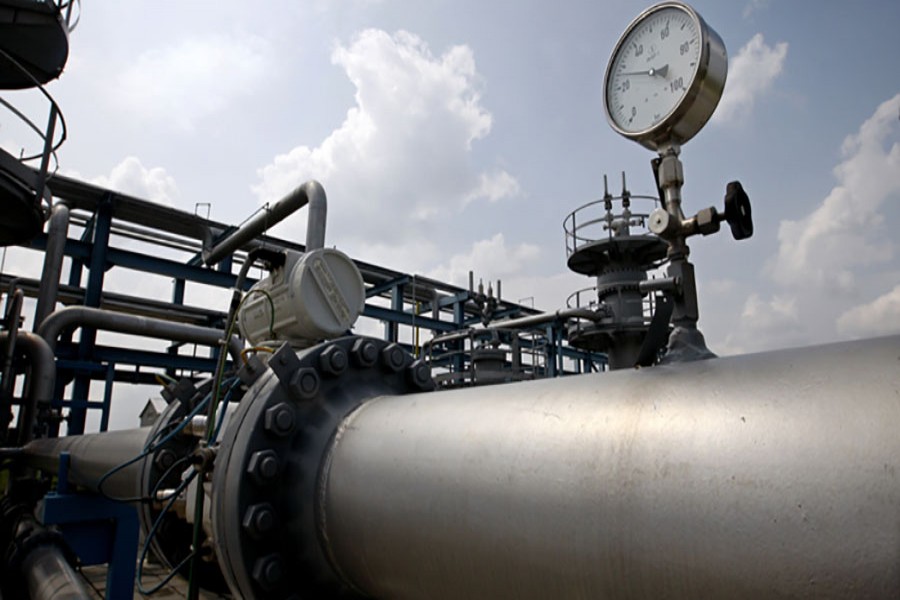
Published :
Updated :

As the gas crisis lingers on, acutely for industrial use in particular, the solution by way of generating captive power is also becoming unaffordable due to high-priced fuel of the state-run Bangladesh Petroleum Corporation (BPC). This has prompted factory owners, particularly those in the textile and apparel sector, to demand duty-free or bonded warehouse facility for import of heavy furnace oil (HFO) to run their captive power generators. The problem is more so for the spinning mills most of which rely on power produced by their own captive plants. Although the government initially did encourage setting up these captive plants, currently mills and factories are finding things extremely difficult because of the gas crisis and hike in energy prices.
The authorities concerned have reportedly assured the entrepreneurs of the availability of liquid natural gas (LNG) by the middle of next year, but there persists a strong sense of uncertainty about affordable pricing of LNG. Insiders of the Bangladesh Textile Mills Association (BTMA) are sceptical about rational pricing and in that case, according to them, import of furnace oil under bond facility or as duty-free could provide the required respite. This, as they have been reported to have stated, would help them reduce the costing and also render their products competitive both at home and abroad.
The situation is really grave and absence of any noticeable move for relief in the near future makes it too upsetting for the entrepreneurs. Leaders of Bangladesh Garment Manufacturers and Exporters Association (BGMEA) and Bangladesh Textile Mills Association (BTMA) say that more than two hundred readymade garment factories and around 100 textile mills cannot be run due to lack of gas connections. Industry insiders claim that if the factories were operational, more than eight hundred thousand people could have been employed and the country could also have gained additional export earnings worth $1.5 billion. Beside the need for newly set-up plants, the demand for gas has risen sharply because a large number of garment units, mostly located in shared buildings (declared non-compliant during inspections), are not able to relocate their units to newer destinations due to lack of gas connections. As a result, they are not able to improve their workplace conditions and other safety requirements. Worst, there is no fresh investment in the sector. According to the BTMA, only 17 new mills went into production between 2012 and 2016.
Until 2016, a total of 424 spinning mills, 794 weaving mills and 241 dyeing, printing and finishing mills have been registered with the BTMA. But gas crisis, coupled with the costing of fuel required for captive plants, have remained critical barriers to their operation.
Given the situation, it is high time for the authorities to sit with the stakeholders and find a way out. Importing furnace oil under the given conditions may also be discussed in details to see how far that might be a feasible option vis-à-vis other ones to overcome the crisis. Making the industrial sector hostage to gas scarcity will not only cause the productive units to suffer but also have its adverse impacts felt on the country's economy.


 For all latest news, follow The Financial Express Google News channel.
For all latest news, follow The Financial Express Google News channel.